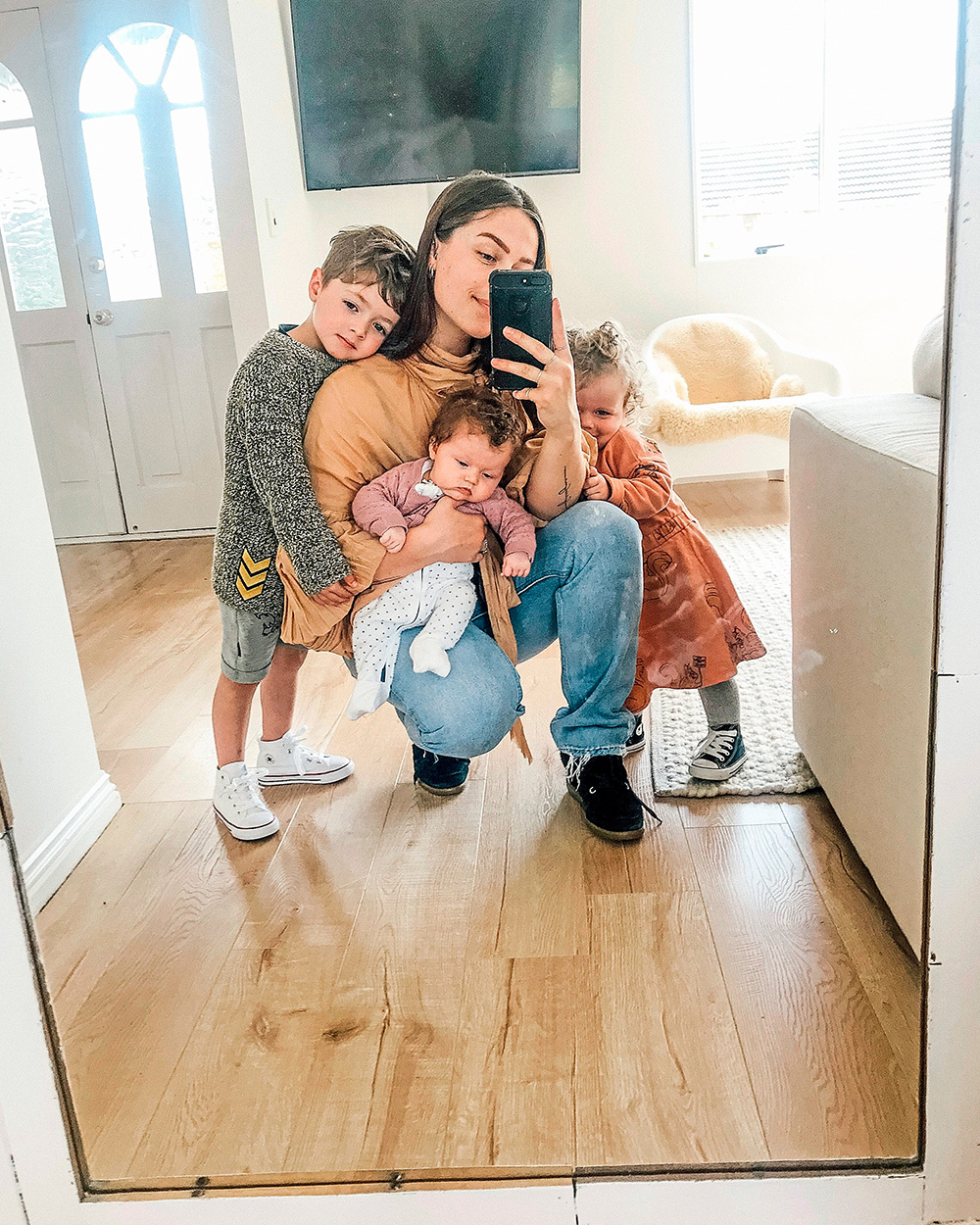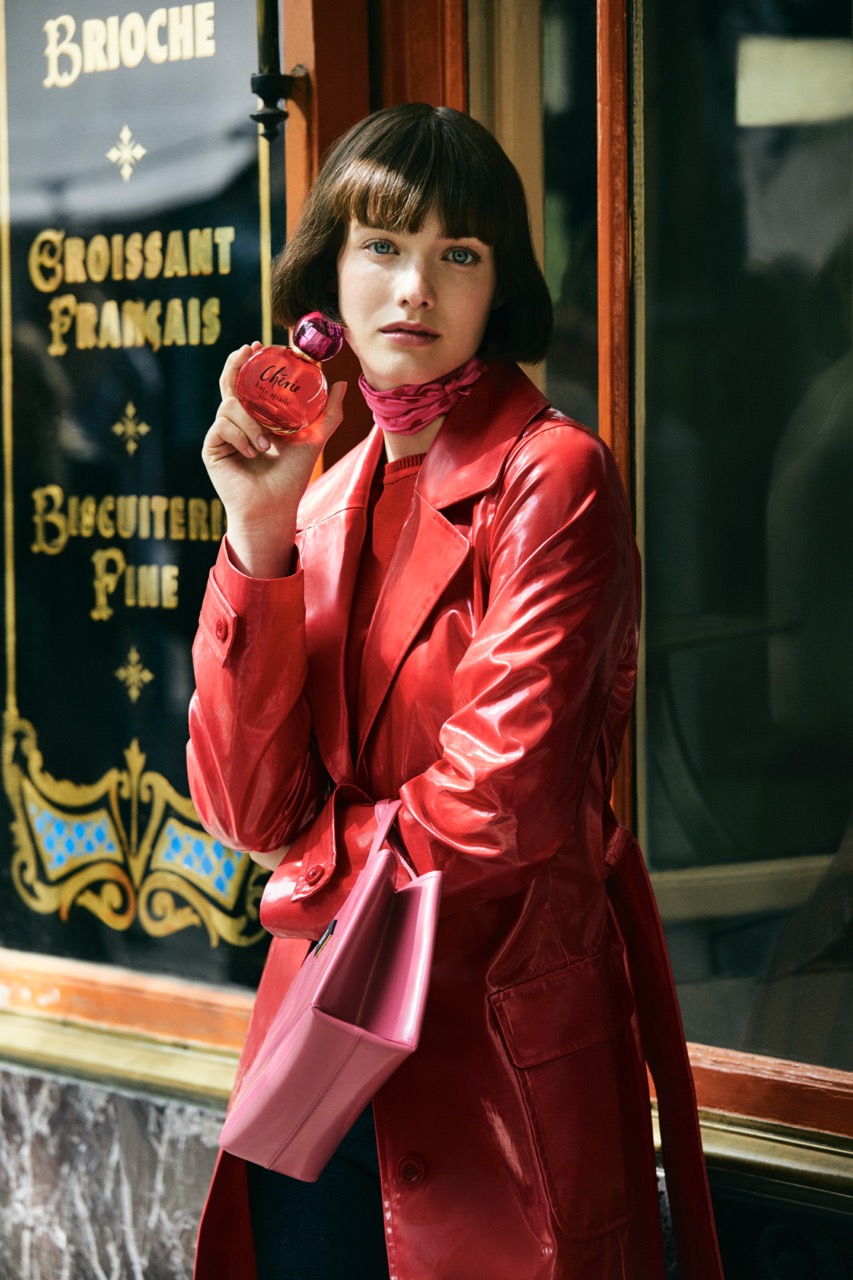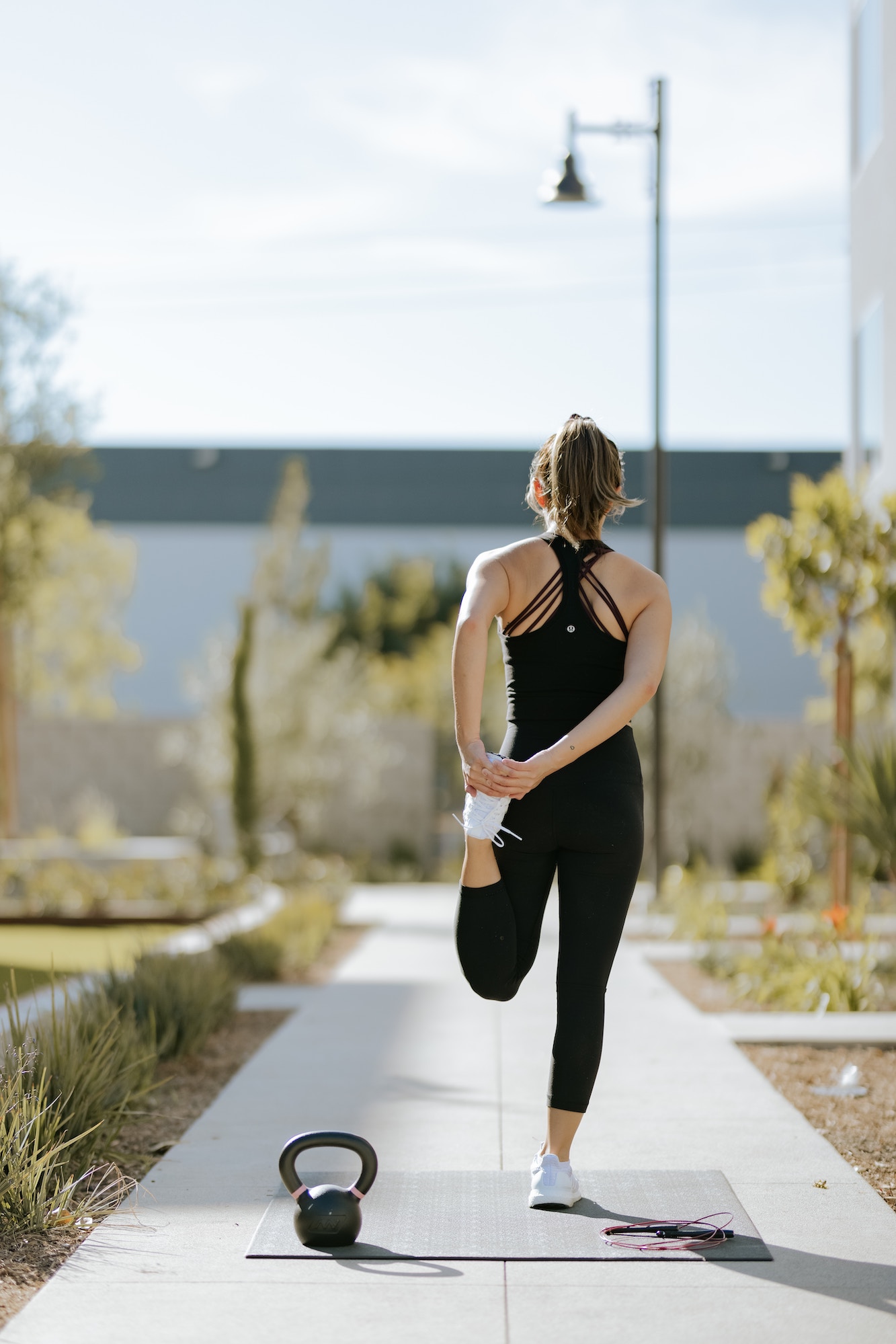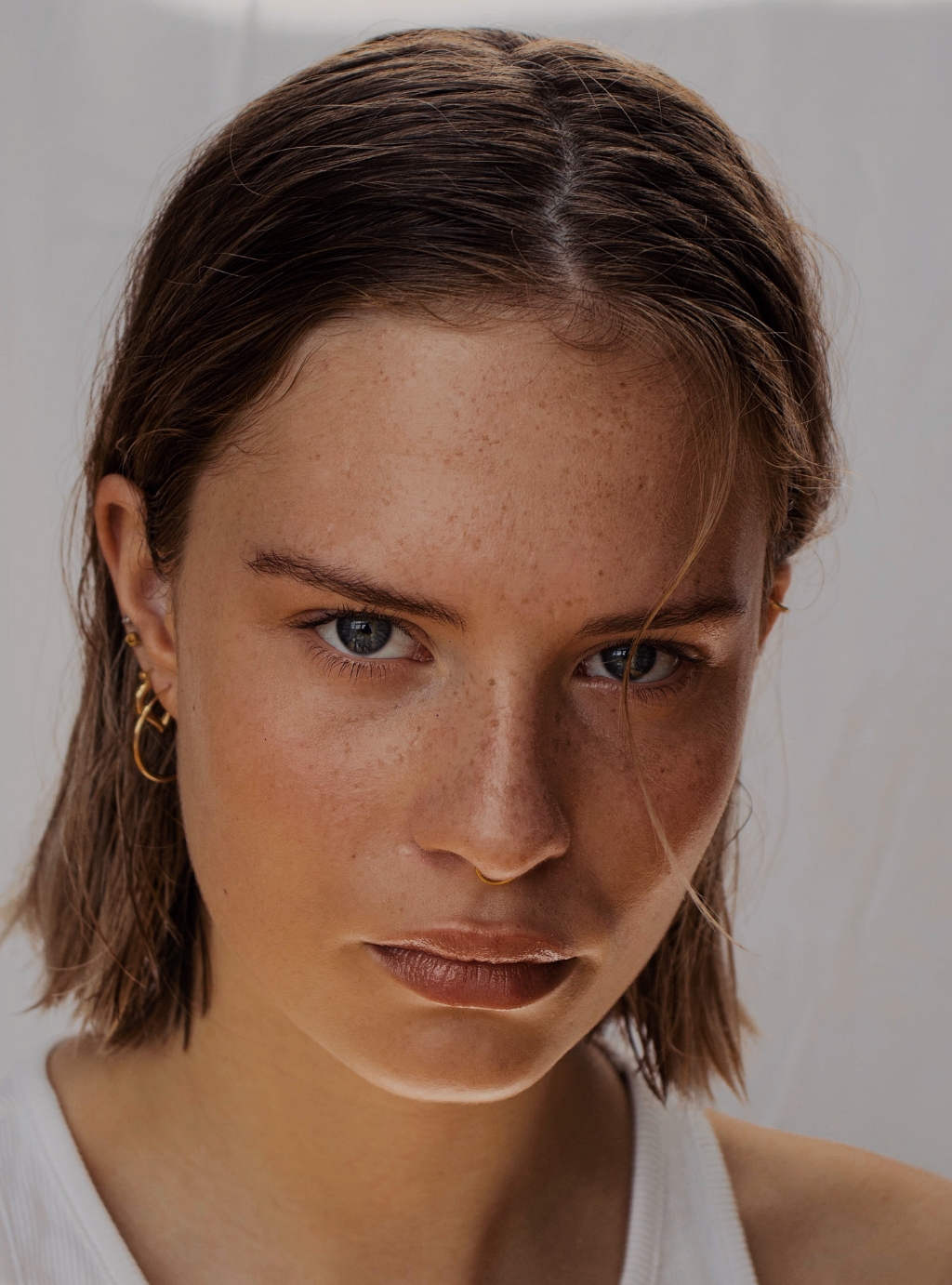The average age of new mums is higher than ever, but some women are jumping into motherhood in their early twenties – and sharing their journeys online. Madeleine Walker talks to some of these millennial exceptions to the rule.
Our social media feeds have inadvertently become the yardstick through which we measure and evaluate our generation’s behaviour. A simple scroll through Instagram can quickly conjure up some patterns; from the mundane and trivial like Dad sneakers and Hollywood’s quickie-engagements, to more significant social concerns like Instagram’s call-out culture, the health benefits of a ketogenic diet, and how to track down Antoni from Queer Eye (I’m kidding).
An observation that falls into the latter category is the evolution in our approach to motherhood. Put simply: the parameters for starting a family have changed.
Recent data will tell you that the average age of first-time mothers continues to climb in developed countries, with the United States reporting that the number of women having children over 30 has risen by 28 percent in the last two decades.
In New Zealand, the average age of first-time mothers is now 30, compared with 25 in the 1970s. But statistics aside, you and I already know all of this to be true. We know these women. There are plenty of high-profile examples: Phoebe Philo took a season off from her former role as creative director of Céline to have a child at 38, and the Duchess of Sussex recently announced her first pregnancy at 37.
Women delaying childbirth in favour of ‘doing a bit of living’ first, in favour of taking romantic and professional risks, in favour of travelling – these aren’t new concepts in 2018. And in some cases it’s less a choice and more a symptom of the anxieties that have plagued a generation since they were teenagers; many reaching child-bearing age during the recession and graduating university at a time when the economy was only just starting to recover, many still facing student debt and no expectations of being homeowners.
Not to mention the rise of long-acting birth control methods like IUDs and the increasing popularity of fertility preservation – giving women the power to control their reproductive futures.
And yet, despite all of this, I can’t make it halfway down my Instagram feed without seeing a mother under the age of 25 with either a baby on her hip or a toddler at her ankles. Whether these pregnancies were pre-meditated or unplanned, these women are forging a new statistic within our generation and have a unique set of circumstances that have coloured their journey to motherhood.
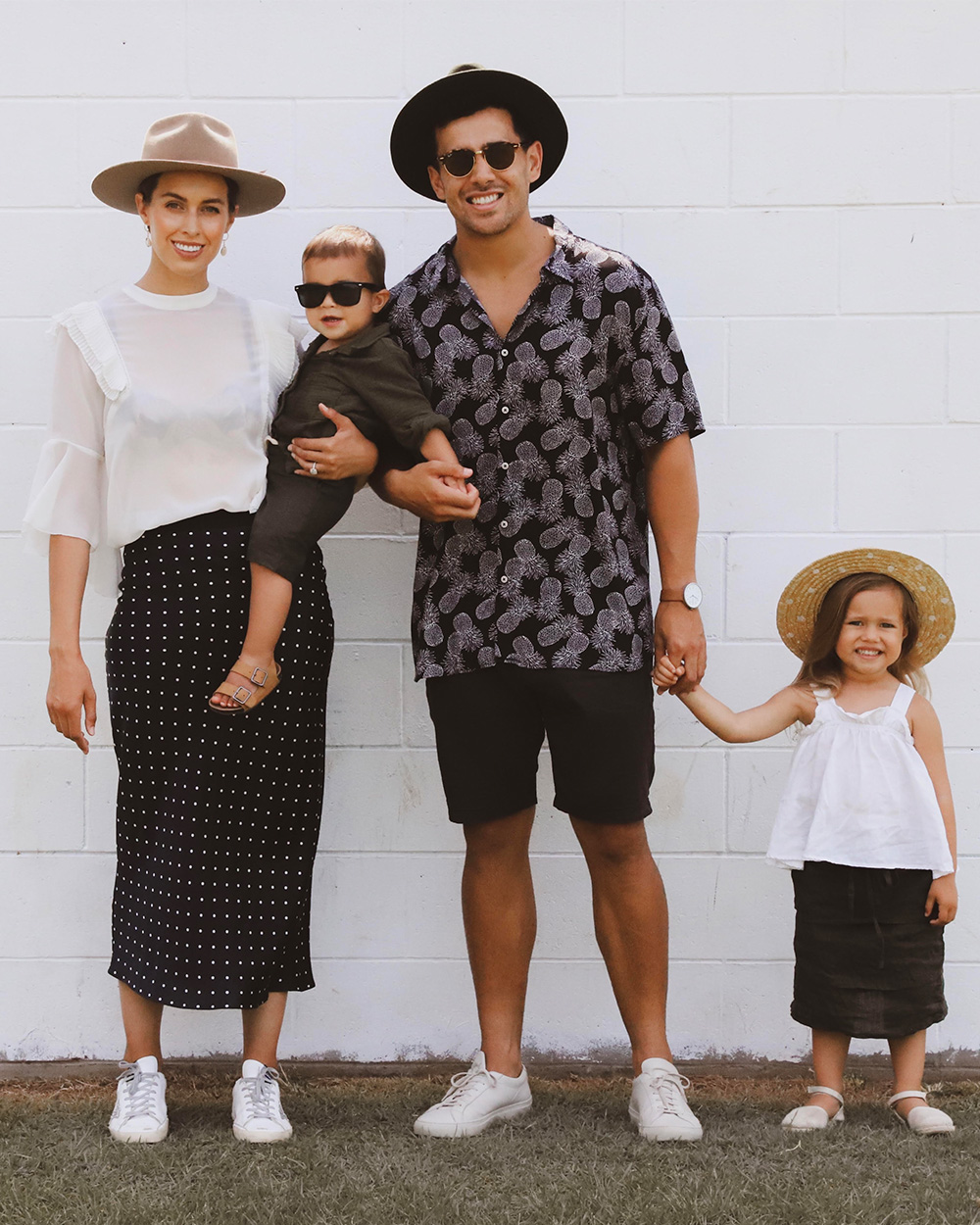
For Jessica Kent (26) and her partner of 10 years, Brisbane Broncos’ player Jordan Kahu, the decision to start a family young was both intentional and easy. “We came from parents who had us in their early twenties, so it always made sense to us. Jordan plays professional rugby and we knew his career – in the bigger scheme of things – could be short-lived, and we wanted our children to be a part of his success. This has been hugely rewarding for both of us to have Jayla (3) and Jude (1) along for the ride.” But despite their confidence in starting a family, Jess said they were still met with criticism when she fell pregnant at 23.
“It didn’t feel very young to me, but I felt a lot of judgement from both strangers and extended family. Jordan and I weren’t married and to a lot of people that seemed very backwards – to have the baby first! We were often asked, “Was it planned?”, which is such a personal question and I don’t believe they would have asked if I was 30.”
These feelings of judgement also rang true for Whitney Ebony, who was 22 when she fell pregnant to her partner of two months. “I felt immediate shame,” she recalls. “I was flatting at the time and partying a lot to ignore my inner demons after losing my best friend in an accident the month prior.”
These factors pro-longed Whitney’s decision on whether to follow through with the pregnancy, meaning she didn’t tell her family until the second trimester. “Any emotional wounds a mother leaves unhealed will be passed on to her children, so mastering my mindset and facing the grief I felt over losing my best friend was crucial to me.”
Whitney also acknowledges the difference between her generation’s approach to motherhood compared with that of their parents and grandparents. “My midwife said something that has always stuck; younger mothers have a very intuitive approach to motherhood,” she says. “We feel confident in our instincts as a parent, we know that it is in our blood and we feel empowered to trust our intuition. I think this is the reason our generation tends to take a more holistic approach to pregnancy and motherhood.”
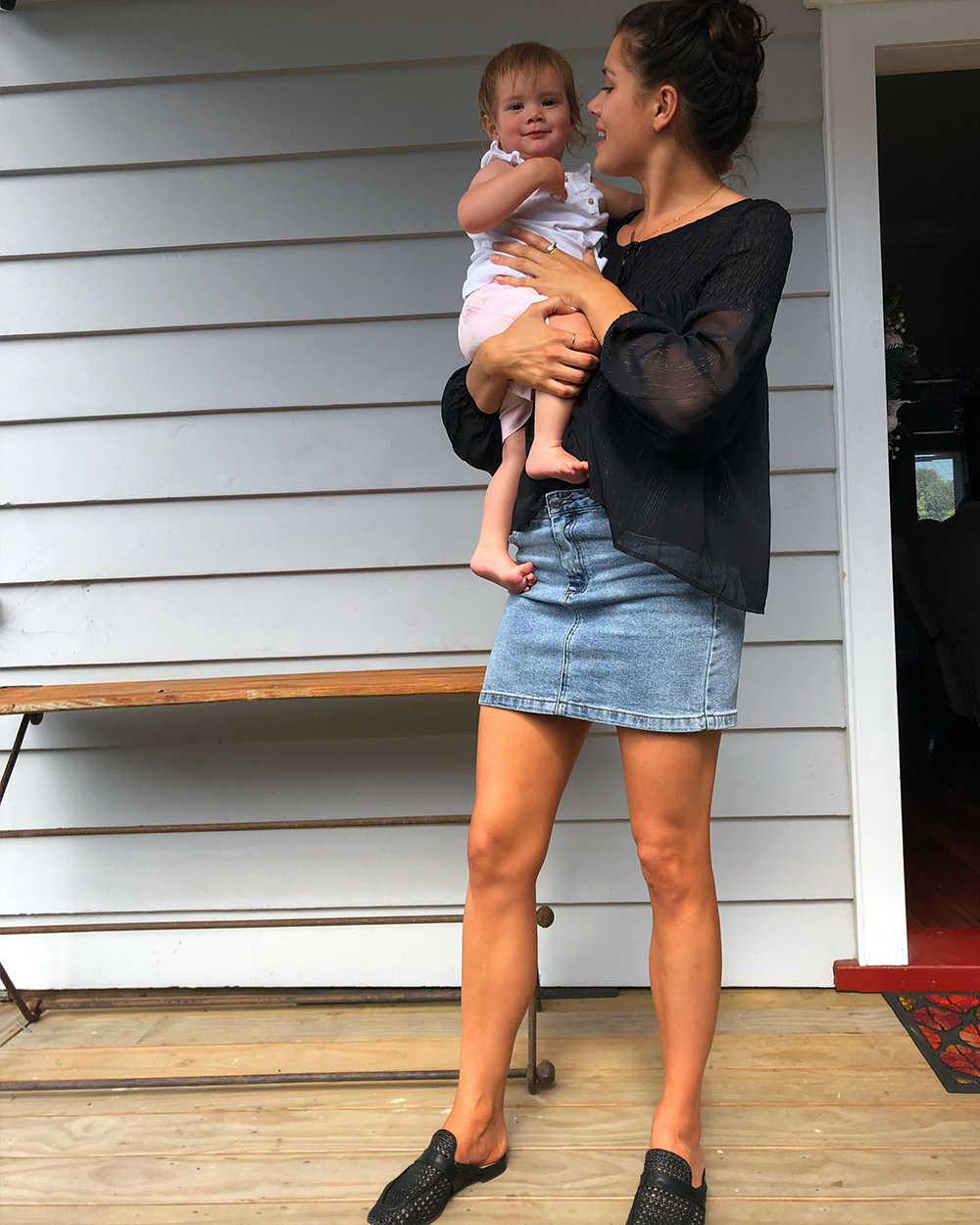
When Mikyla Pene (20) unintentionally fell pregnant at 18, she was highly aware of the disadvantages she faced. “Mainly my lack of knowledge and the financial responsibilities I wouldn’t be able to meet.”
These factors, coupled with her separating from her daughter’s father during her pregnancy, meant that Mikyla started having regrets. “I felt disconnected from my child and didn’t want to have a baby anymore. It wasn’t until three days after Mila was born that I finally felt that bond. I think it’s important for young mums to realise that these periods of darkness can be a part of the process, and it was my sadness that served as the catalyst for personal growth.”
Mikyla’s mindset has been crucial to her journey as a mother; once she decided to ignore the stigma of being a teen mum she was able to see her age as an advantage. “I have good energy levels, I can cope with sleepless nights and my body has recovered well. Instead of seeing myself as ‘the mother’ and Mila as ‘the child’, I see us growing up together – we are learning a lot of things at the same time.”
She is still realistic about the challenges of her circumstances, but now is thinking towards the future. “I’m at university and also working part-time, so money is tight and I save where I can,” she says. “Having a child has changed my whole perspective on life; I’ve become much more conscious of my carbon footprint – I want to leave behind a better world for Mila and her future family to live in.”
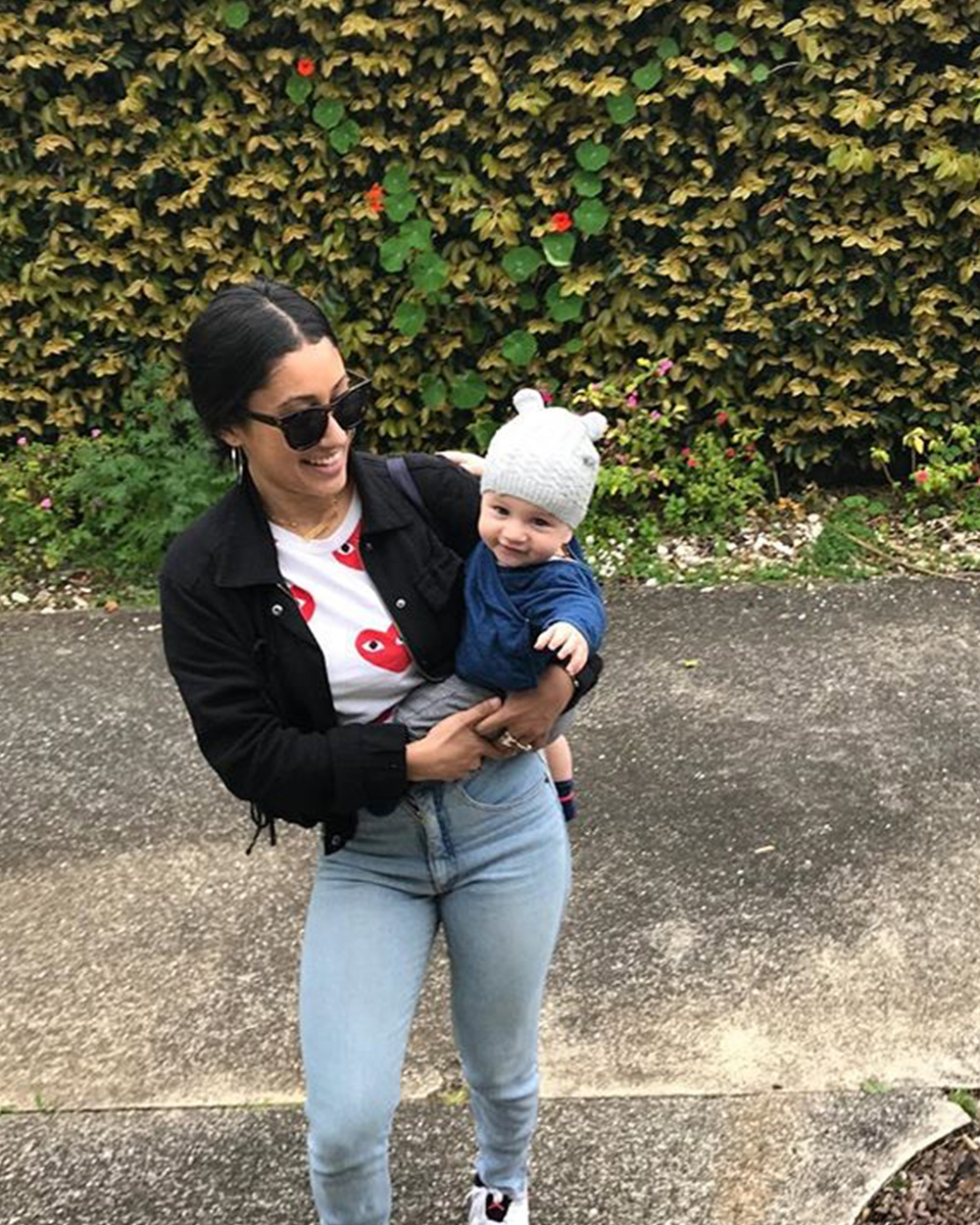
Mother of three, Abby Plested, found it to be a lonely time when she fell pregnant with her son Houston at 20, mostly because the rest of her friends weren’t in the same season as her.
“I had absolutely zero mum friends – it’s only now with my third child that I’ve found a real community around parenting. It’s such an emotional rollercoaster and it can be lonely.”
However, she quickly realised there was a comfort to be found in being so young because she had an army of women who had gone before her and from whom she could learn. “Because I’m a young mother, I never have to feel like I have to lead the charge or have it all figured out. My mum has been a huge teacher of mine because she has had more life experience than me and has walked this road before.”
That raises an important point: the road of motherhood will always have universal challenges – regardless of age, regardless of circumstance. Being 23 or 33 will not excuse you from a sleep-deprived, tear-filled existence. It also won’t, thankfully, disqualify you from the joy, pride and second-to-none happiness of being a first-time parent.
What these young mums remind us, is not that there are advantages to having children in our twenties, but that our autonomy is something we should celebrate. We are the lucky ones. We are better educated, more ambitious and less encumbered by societal or cultural expectations. Previous generations would have killed to have the choice between a thriving career and their biological clock. Life satisfaction is complicated and will look different to everyone, but it is our freedom to decide when – and if – a woman enters motherhood.

